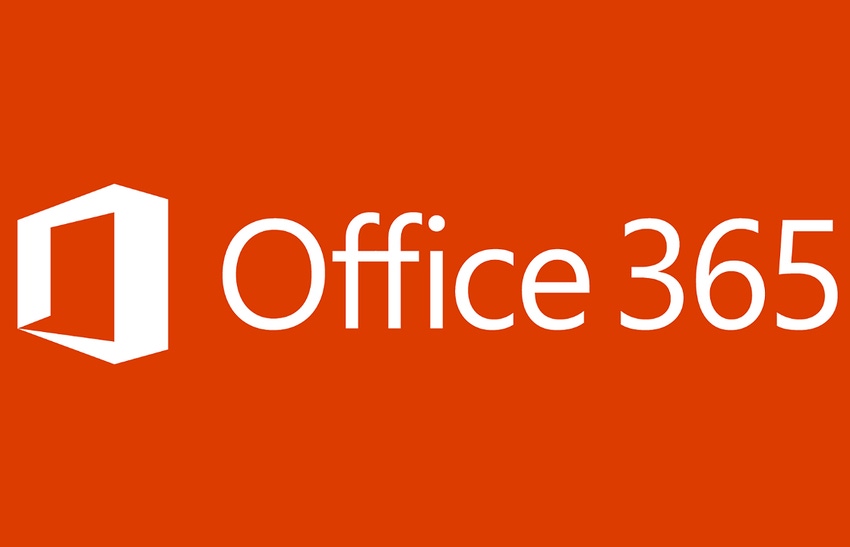It's a dog-eat-dog world reselling O365. Standing out means adding ways to increase worker efficiency.
November 1, 2017


David Lavenda
By David Lavenda, vice president, marketing & product strategy, harmon.ie
The prevalence of Office 365 as a mainstay for businesses of all sizes has created a fresh challenge for VARs and resellers: How can you stand out in a vast sea of competition?
There are many thousands of Microsoft partners selling Office 365 today. And while Microsoft has done great work delineating a role for partners, they do still sell the suite directly to customers, both online and through enterprise agreements. In recent years, this crowded ecosystem has led partners to develop value-added services, like data migration for Office 365, but even those have become more competitive and commoditized in the rapidly growing digital and cloud-enabled workplace.
As partners strive to create and identify new solutions that will add value for their customers – and ultimately their customers’ end users – we need to o go beyond Office 365 migration to helping optimize how companies are using Office 365. A recent survey commissioned by my company found that business professionals use 9.4 different applications on an average work day. Yet the majority of the 881 survey respondents agreed that If important information from all their apps would appear in a single window, it would be easier to focus on work.
Enterprises’ mass migration to cloud platforms has created application-centric data silos, which are impeding employee workflows. Compounding this issue, Microsoft has increased its pace of innovation, rapidly pushing out changes to Office 365 via its cloud model. That can cause confusion for end users.
VARs and resellers have an opportunity to help their customers resolve these problems in Office 365 through software and service offerings that connect app silos and help buffer end users from the rapid pace of change.
What does that value-add look like? Here are a few tips for helping clients’ knowledge workers make sense of disconnected information.
Make It Easier for Users to Focus
The app silos in Office 365 require users to constantly switch among different contexts throughout the work day by moving from one app to the next. This “context switching” means they lose focus on what they are doing, while spending time and energy adapting to different systems’ interfaces. By some estimates, it can take up to 15 minutes for workers to switch between tasks, making this particularly draining on productivity.
Offering customers solutions that connect silos of key information from Office 365 and other cloud apps can benefit end users, who will spend less time switching between windows trying to find information, and more time getting work done.
Make It Easy to Capture and Surface Relevant Content
For businesses to be successful with Office 365, particularly using cloud-driven deployments, content needs to be stored in the right way so workers and their colleagues can find the information they’re looking for quickly, and where they expect to find it. Working with data silos across apps, about 40 percent of business professionals say they spend more than five minutes on average to find an early draft of a project they worked on. And 14 percent said it took much longer than that — even for data the worker saved themselves.
Issues often arise because employees don’t store content the right way to make it easy for themselves and others to find. The solution to this problem is to …
…make it as easy as possible to capture and store documents and emails within Office 365, a problem OneDrive was meant to address.
Most employees start and end their days in their Outlook inboxes. This means that if they need to access their files – to send them to a client, for instance – there is a tedious process for this simple task. With SharePoint, for example, they need to open a new tab in the browser, navigate to the right SharePoint site, and then download that content before attaching it to the email. To move an email or an attachment from the inbox to SharePoint entails a similarly lengthy process. Many workers go through this progression multiple times per day, which offers an opportunity for huge time savings.
Make It Easier to Share Links and Notifications from One Central Location
Most users find it challenging to share content with colleagues using Office 365, meaning that very often they revert to sending content via email attachments. This not only creates a security risk for those working in regulated industries, but also results in users working on multiple – and potentially conflicting – versions of the same content. Inevitably, this often results in wasted time or confusion as multiple iterations are created and efforts are duplicated. Teams is one answer, for a chat-based workspace.
The opportunity here lies in breaking down barriers between workers and their content, and making it easy for everyone to access a single version of the truth. VARs and resellers should ask: How can we streamline the document sharing process across apps?
Make It Easier to Discover New Information
Searching for and discovering information in an intuitive way has been a challenge for many companies, and Office 365 is no different. Typically, if a user wants to find something, they have to first know what they’re looking for, and then use the Office 365 search tools to discover that information. However, this only works if workers know exactly what they’re looking for — and that’s not always the same as what they need.
VARs and resellers have access to a growing collection of solutions, including Delve, that support the discovery of information. Advancements in AI, natural-language processing and machine learning in particular have facilitated the ability to add a semantic layer to apps that will help surface information based on topics. For information workers, this includes materials colleagues have recently produced that could help discover key information they didn’t even know existed.
Although the marketplace for Office 365 may seem oversaturated, there is still an incredible opportunity to sell value-added services that enable knowledge workers to bring together multiple cloud services into a single, coherent picture. Employee frustration is growing as new apps are constantly being thrown their way. These knowledge workers are increasingly tasked with saving and recalling documents, emails and other artifacts — both in their everyday workflows and for compliance.
VARs and resellers can play an important role in helping organizations reduce the volume of employee-facing tools and cut down the noise.
David Lavenda is co-founder and vice president of marketing and product strategy at harmon.ie. He is a veteran high-tech marketing and product strategy executive. David co-founded Business Layers, an identity management company, serving as VP of marketing and product strategy from its inception until the company’s successful sale.
Read more about:
AgentsYou May Also Like
